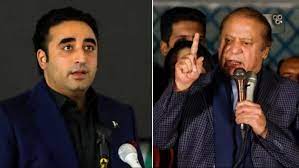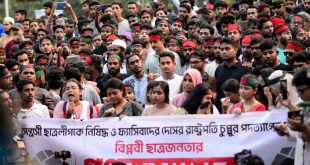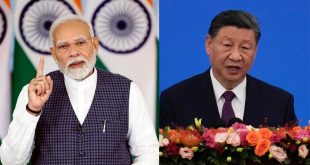Pakistan’s Political Puzzle: Challenges in Forming a New Government
The aftermath of the recent elections in Pakistan has left the nation in suspense as the formation of a new government faces unforeseen delays. Despite a power-sharing deal between the Pakistan Muslim League-Nawaz (PML-N) and the Pakistan Peoples Party (PPP), the selection of a new Prime Minister and President is taking longer than expected. As the names of Shahbaz Sharif for PM and Asif Ali Zardari for President circulate, a new crisis emerges on February 29. The country’s law dictates that the first session of the newly elected assembly must convene within 21 days of the elections held on February 8, with the parliament session summoned by February 29.
The President’s Dilemma
Is the Parliament Incomplete?
President’s concerns arise from the fact that some reserved seats in the parliament remain unallocated. Although the Election Commission of Pakistan has assigned reserved seats to political parties, the Pakistan Tehreek-e-Insaf (PTI) supported independent candidates are yet to be granted reserved seats. The commission cites pending matters as the reason for this delay.
President’s Inaction
Reports suggest that the President has neither accepted nor rejected the proposal for the session. His response has been limited to verbal remarks. Now, leaders from the opposition, particularly PML-N, assert that if the President does not act under the constitution, the Speaker of the National Assembly can summon the session on February 29.
Constitutional Mandate
Under Article 91 (2) of the Constitution of Pakistan, the National Assembly must convene within 21 days of the general elections. Failure to do so would be a violation of constitutional provisions.
What if the President Declines?
Rumors circulate that if the President refrains from action, the leaders of the PML-N and PPP may pursue alternative options. They argue that if the President doesn’t adhere to constitutional norms, the Speaker of the National Assembly can exercise the authority to convene the session.
President Zardari’s Preparation
The latest information suggests that a coalition government aims to be formed by March 2, with plans for a presidential election before March 9. Although the term of the incumbent President, Dr. Arif Alvi, officially concluded last September, he continued in office after the expiration of his constitutional term. The PML-N, PPP, and their allies propose that the presidential election takes place by March 8, followed by Senate elections after the completion of the current term.
As the political drama unfolds in Pakistan, the delay in forming a new government raises concerns about the constitutional processes. The nation awaits resolution, and the coming weeks will determine whether the PML-N and PPP coalition can successfully navigate the complex political landscape.
 Suspense Crime Sach Ka Dam
Suspense Crime Sach Ka Dam



